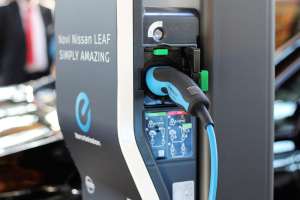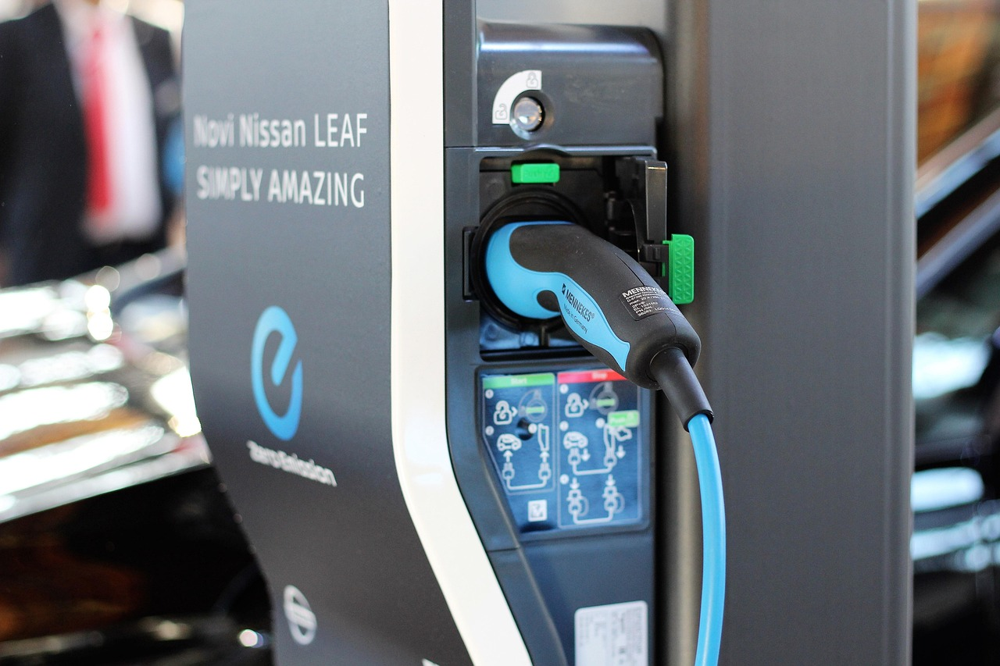Commercial real estate developers are seeing rapidly growing demand for electric vehicle (EV) charging infrastructure. With more EV models becoming affordable and automakers committing to electric fleets, EV adoption is accelerating. Industry analyses show the U.S. EV charging infrastructure market was valued at about $5.09 billion in 2024 and is projected to grow over 30% annually through 2030. In practice, this means owners and developers can gain new revenue, attract/retain tenants, and boost sustainability by installing EV chargers. To capitalize on this trend, it pays to work with experienced EV charging station contractors who understand commercial needs and can navigate the technical, regulatory, and financial aspects of such projects.

Benefits of Working With Experienced EV Charging Contractors
Partnering with a professional EV charging station contractor offers clear advantages for developers. Experienced installers bring specialized knowledge and resources that ensure the project succeeds on time and on budget. They:
-
Ensure Code Compliance and Quality: Skilled contractors understand electrical requirements and EV standards (NEC, UL listings, ADA, etc.). They use high-quality equipment and follow best practices to deliver a safe, reliable charging installation.
-
Streamline Project Management: Seasoned installers handle complex logistics—power capacity upgrades, permitting, and scheduling—to avoid delays and cost overruns. Their project management expertise helps meet tight timelines and project specifications.
-
Maximize Incentives: Knowledgeable contractors stay current on federal, state, and utility incentives. They design the installation to qualify for maximum tax credits, rebates, and grants (for example, the 30% EV charger tax credit under the IRA). This financial insight can save tens of thousands on equipment and labor costs.
By leveraging an experienced EV charging contractor, developers can ensure smooth installation, full regulatory compliance, and optimized financial returns.
Choosing the Right EV Charging Station Contractor
Selecting the best contractor is crucial. Focus on these key criteria:
-
Licenses & Certifications: Verify that the contractor is a licensed electrical contractor and holds EV-specific credentials (such as EVITP certification). This ensures they have the technical expertise for EV charger installations.
-
Relevant Experience: Look for a proven track record with commercial EV charging projects. Review past installations and case studies, and ask for references.
-
Permitting & Compliance Knowledge: The contractor should be familiar with local building and electrical codes, and capable of managing all necessary permits (electrical permits, zoning, ADA, etc.).
-
Detailed Proposals & Management: Request comprehensive proposals that clearly outline scope, timeline, and costs. Evaluate their project management approach and communication style.
-
Incentives Expertise: Ensure the contractor understands EV incentives. A good contractor will help you structure the project to qualify for federal tax credits, utility rebates, and other programs. They may even assist with paperwork.
Doing this homework helps you choose a contractor who is technically qualified and aligned with your project goals. Trusted installers will guide you through each step and make the installation process stress-free and cost-effective.
EV Charger Installation Process (Typical Project Steps)
Installing EV charging stations in a commercial property generally follows a multi-step process:
-
Site Assessment & Planning: Survey the site to evaluate electrical capacity and parking layouts. Determine how many chargers are needed, their power levels (Level 2 or DC fast chargers), and optimal locations.
-
Permitting & Approvals: Work with the contractor to obtain all necessary permits and approvals from local authorities and utilities.
-
Equipment Selection & Procurement: Choose the appropriate charging hardware and associated equipment. Experienced contractors can recommend reliable manufacturers and handle ordering and delivery.
-
Electrical Infrastructure Upgrades: Upgrade electrical service as needed. This could involve installing new panels, transformers, or dedicated circuits.
-
Charger Installation & Commissioning: Install the charging stations on-site. Mount chargers, connect power, and configure network/payment systems. Perform testing and commissioning.
-
Maintenance & Support: Plan for ongoing maintenance. Developers should arrange for periodic inspections, software updates, and repairs. Many contractors offer maintenance contracts or warranties.
At each stage, an experienced EV charging contractor ensures the work meets industry standards and project requirements. By following this structured approach, developers get a turnkey solution from planning through launch.
Tax Credits, Rebates, and Other Incentives in the U.S.
The U.S. offers substantial incentives to offset EV charger installation costs. Under the Inflation Reduction Act (IRA), the federal Alternative Fuel Vehicle Refueling Property (AFVRP) tax credit covers a significant share of commercial EV charging projects. Specifically:
-
Federal Tax Credit: For business, fleet, or non-profit installations, the credit is up to 30% of project costs (including equipment and labor) if the project meets certain labor standards. The credit is capped at $100,000 per charging port. Even without labor compliance, a 6% credit (with the same $100K cap) still applies. This federal credit is available through 2032.
-
State & Utility Incentives: Most states and many utilities offer incentives for commercial EV charging. These may include rebates per charger installed, grants for public infrastructure, or utility “make-ready” programs covering wiring and installation.
-
Local Grants & Programs: Municipalities and regional agencies often run pilot programs or provide additional funds targeting specific use cases such as transit centers or disadvantaged communities.
Because incentive programs change frequently, developers should consult current federal and state databases. A knowledgeable contractor will help design the project to meet incentive requirements and handle the paperwork.
Call to Action: Partner with EV Charging Experts
With EV adoption rising, commercial developers who act now will gain a market advantage. Qualified EV charging station contractors can help turn this opportunity into reality. They provide end-to-end expertise—from initial planning and site assessment through permitting, installation, and maintenance.
Ready to bring EV charging to your property? Contact a certified EV charging contractor today to discuss your project needs. Whether you’re planning a new development or retrofitting an existing building, an expert partner will guide you through equipment selection, financing options, and installation logistics.
Don’t miss out on this growing trend—position your property for the future now.


